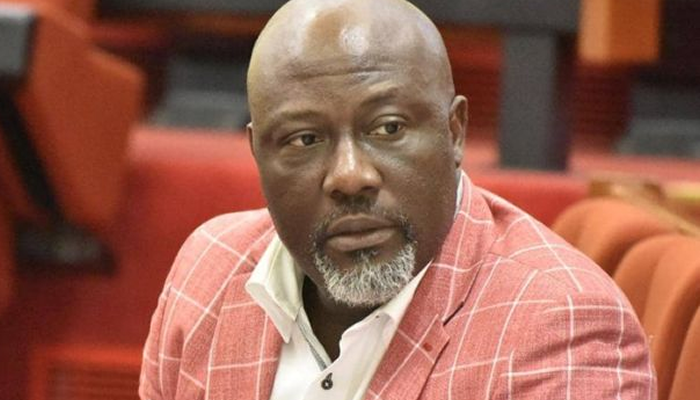
Former Kogi West senator, Dino Melaye, has declared that the People Democratic Party (PDP) no longer exists as an independent political force, insisting it is now firmly under the control of the ruling All Progressives Congress (APC).
Speaking during an interview on Arise Television, Melaye dismissed any possibility of a PDP revival, describing the party as completely gone.
“Apart from our Lord Jesus Christ, no dead can rise again. PDP is dead and buried. The party was sold, and I doubt if they even collected a receipt for the transaction. What remains today is an APC-controlled PDP,” he said.
Melaye, who once ran under the PDP platform, alleged that political agents loyal to APC had infiltrated the opposition and were now directing its activities from the presidential villa.
“The PDP is not independent. Its strings are being pulled from the villa. For us, APC agents are the ones running the PDP,” he added.
The outspoken politician confirmed that he has formally abandoned the PDP and is now a proud member of the African Democratic Congress (ADC). According to him, the ADC represents the only credible alternative capable of unseating President Bola Ahmed Tinubu and the APC in the 2027 general elections.
“I am now fully with the ADC. By the grace of God, it is the ADC that will take over power, send APC packing, and reclaim the villa on May 29, 2027,” Melaye declared.
Turning the spotlight away from PDP’s internal crisis, the former senator urged Nigerians to focus on the more pressing realities facing the nation.
“Nigerians are dealing with hunger, malnutrition, poor governance, and maladministration. Those should be our conversations, not wasting time on a dead political party,” he concluded.